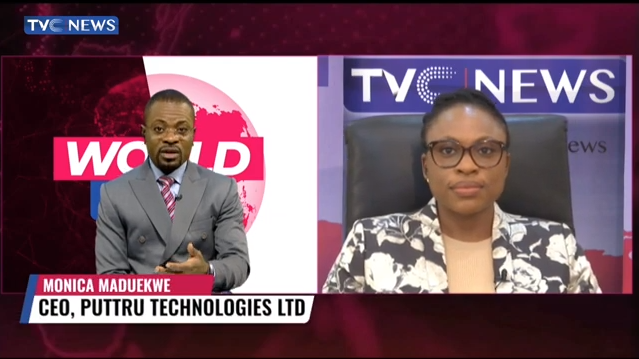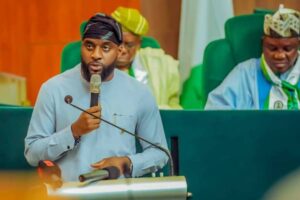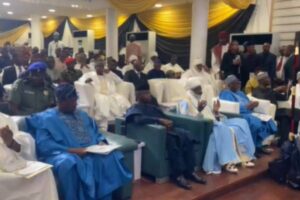Federal government has endorsed a white paper titled Trade, Energy and Climate Change harmonizing Nigerian and Global Concerns on Climate.
The white paper is a collaborative effort with the federal ministry of environment, federal ministry of power, federal ministry of industry, trade and investment, energy commission of Nigeria, and the office of the deputy president of the Senate.
The objective of the White Paper is to inform the international community and Nigeria’s trade partners and how the country’s national concerns on trade, energy, and climate change can be harmonized with global concerns in a manner that ensures that Nigeria’s interest are seen as global interest.
The White Paper posits that given Nigeria’s large and growing population, achieving this balance between trade, energy and climate change is a matter of national, continental, and global concern. Ultimately, the goal is to strengthen our U. S. Position as a global trade partner, the global supply chain, as the world moves towards a netzero future.
Speaking in an interview with TVC News on the Whitepaper and the upcoming Cub 27 conference, Chief Executive Officer, Puttru Technologies Ltd. Monica Matwickway, said the reason for the initiative was really to put forward Nigeria’s interest.
“A lot of times these global conversations focus on the big economies, the largest economy, the largest economies, and they tend to be the EU, the US. And other very large economies. And they put forward strategies, they put forward targets, they put forward priorities that may not really reflect on other economies like Nigerian or other African economies. So what we needed to do was to work together.
“As you said, it was a collaborative effort whereby you have people from the private sector, the academia, the civil society organizations, government institutions coming together to really look at what the situation was in Nigeria and how to make sure that we can come together, put forward a message whereby, when priorities for global climate change are discussed, we also have a reflection of what is important to Nigeria and Africa as a whole.
“As you rightly mentioned, Nigeria’s population makes us a very significant party to global discourse. Yeah, I’m going to have to rush you a bit because of our time and see whether we can cram one of some of these points within this short time that we have,” she said.
Speaking on what Nigeria can do to key into adaptation proper, the Puttru CEO said the reason why Nigeria seems to focus on adaptation, even though at the African Union level, or the African development level, or even the ecosystem level, adaptation finance is giving priority, it’s because most times you see those who are interested in investing in climate related projects go for mitigation.
“They want to see renewable energy projects, they want to see us cutting down CO2 emissions, whereas what Nigerian, other African countries should be doing is focusing on reducing deforestation, focusing on adaptation projects. So it’s really about positioning ourselves in a way that we can speak clearly on what our unique circumstances are and to negotiate strongly on what is important to us. And this is what the White paper aims to do. It really goes into the facts of what the situation is today and to bring out key points on how those negotiating on our behalf can speak clearly with data and statistics on what Nigeria should be doing on climate change.”
Reacting to question on energy generation, Monica Matwickway said: “This is what we’ve always stood for put revol last year when they were talking about energy transition and how African countries should stop contracting on oil and gas and developing their resources. And this is really what the economic situation today is showing us. That really when it comes to economics, energy security, sufficiency and independence seems to weigh very strongly on how countries choose their energy technologies. So even if you look at the equal level or the AU level, African countries are speaking clearly on how they must focus on energy security and how we must mobilize our nonrenewable and renewable energy resources.”





